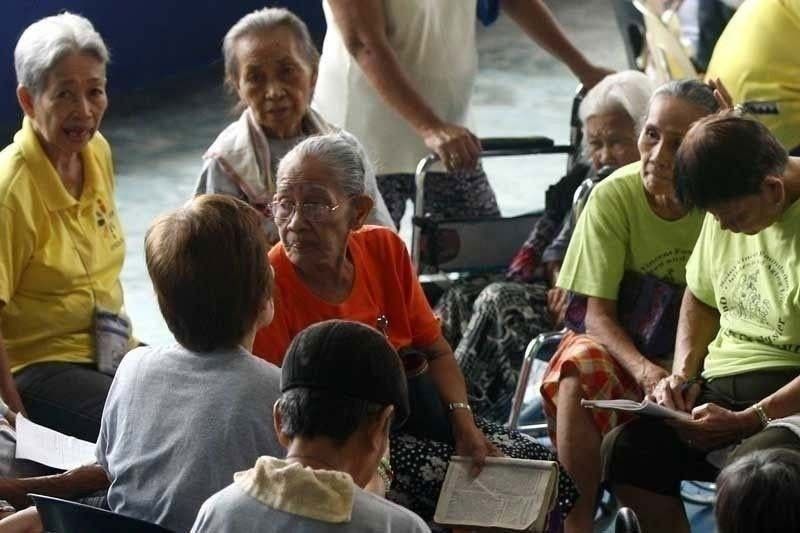
MANILA — The Supreme Court upheld that the Anti-Violence Against Women and Their Children law applies to women in unlawful relationships, including mistresses and paramours, as well as their children.
This, after a petitioner — a man who had been issued a permanent protection order to prevent further violence against his longtime live-in partner, a woman, and their children — argued that Republic Act 9262 or Anti-VAWC Act of 2004 did not apply to the respondent woman, as they were in an extramarital relationship.
In a decision written by Associate Justice Marvic Leonen, the Court’s Second Division affirmed a Permanent Protection Order imposed under the Anti-Violence Against Women and Their Children Act despite “contentions that sought to constrain the wording and spirit of the law,” as he stated.
“The illicitness of a relationship a woman engages in does not diminish her dignity in any way. She will be protected just the same by the law that values her and her children’s dignity and guarantees full respect for their human rights,” the Supreme Court said.
The petitioner, a 47-year-old man, acknowledged that he was married when he met the respondent. He contended that even while the law’s protection applies to a woman with whom he has a sexual or dating relationship, this should be construed as a relationship without any legal impediment to marry each other.
In any other context, the petitioner contended, “the law would tolerate adulterous relationships.”
The petitioner further argued that because their children were 18 years old at the time the Permanent Protection Order was granted, this precludes the application of RA 9262, which defines “children” as those below 18 years old, or older but incapable of taking care of themselves.
SC says the law has no distinction on age, relationship circumstances
The Court deemed this concept erroneous, citing the rule on statutory construction that when the law makes no distinction, neither should the courts, describing this as an interpretation of a provision of the law so as to render it ineffective and meaningless.
In addition, it stated that the law “protects women and their children from various forms of violence and abuse committed within a setting of an intimate relationship.”
The High Court stated that neither RA 9262 nor the Rule on Violence Against Women and Their Children distinguishes the age at which children are included in protection orders, citing Estacio v. Estacio, a similar case of violence against women and their children.
The law defines violence against women and children as being committed by “any person against a woman who is his wife, former wife, or against a woman with whom the person has or had a sexual or dating relationship, or with whom he has a common child, or against her child whether legitimate or illegitimate, within or without the family abode.”
The Philippine National Police has observed an increase in instances of violence against women and children following the implementation of the enhanced community quarantine on March 17, which prompted families to stay home.









Двери Экошнон
двери браво официальный сайт
купить в Москве, склад в Москве
relaxing jazz